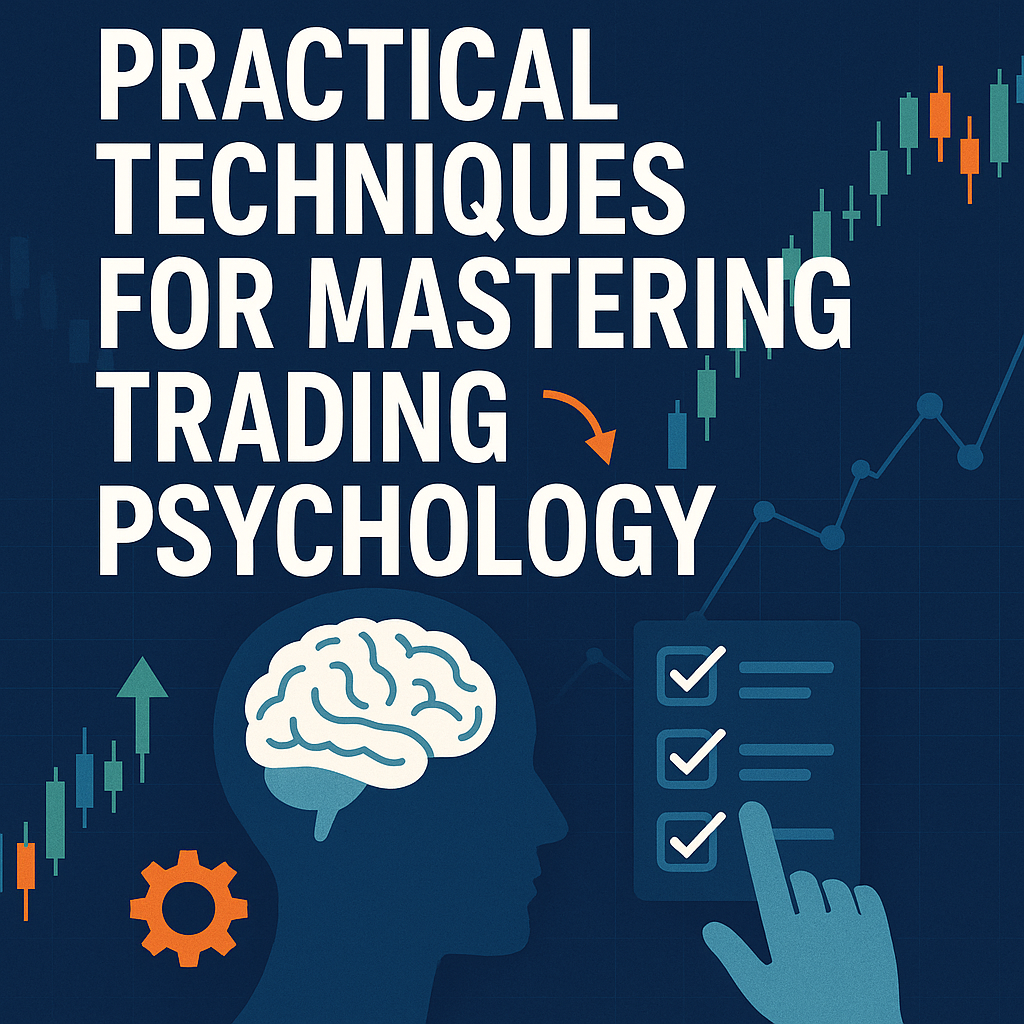Many aspiring traders enter this business with little to no idea of what is expected of them in order to profit from the markets, therefore most traders end up becoming yet another failed statistic. Here are a few things that will help keep you out of trouble and will dramatically increase your odds of sustained success in this business.
The number one key to success is: PROPER MONEY MANAGEMENT. You might call this ‘risk management’ as well, either way, it’s a very crucial part of any traders plan. Although it sounds strange, winning (by itself) is NOT enough to ensure success in trading. In fact there are plenty of traders who win more often than they lose, and yet still find themselves bleeding their accounts dry each month. This is because they win small and lose big. This is a trait of a novice trader.
First, you must have a firm idea of how much you are willing to lose in your overall account before you ever begin trading. This means, you put in a floor that once reached you will immediately stop trading and seek help. As an example, if you begin with a $100,000 cash account and draw it down to say, $90,000 (10%), you will then stop trading and seek help to determine the cause of your drawdown. To be blunt, you should NEVER be in the position of risking your entire account. The people who end up doing that are not traders at all, they are GAMBLERS. Unfortunately. these folks get lumped into the same pile as real traders; thus many people have the mistaken opinion that trading is not a viable business. Nothing could be further from the truth. This is not to deny the fact that a majority of traders never make enough to live on, however to suggest that the majority of ‘failed’ traders get wiped out is also entirely false. From my experience the bulk of traders who do quit, do so because they are frustrated with themselves for not being able to follow their own rules, not because they’ve blown up.
The next step is to start SMALL. This means beginning your trading career with very small share size and risk level. Meaning, if you lose on a trade, only lose a small amount, say $25 or $50 per trade. Sadly, too many traders dream of becoming the next Peter Lynch or Warren Buffet, while watching episodes of “Lifestyles of the Rich and Famous” pondering their unrealistic aspirations and lack of process goals to reach those dreams. To be more blunt, most aspiring traders have a huge ego that ‘won’t allow’ them to trade with such a small share size or risk level. They have delusions of grandeur and their ego far exceeds their trading experience, which typically leads to unnecessary levels of risk taking and ultimately blown accounts. What’s the message here? Don’t let your risk level exceed your experience level, and don’t let your ego trade for you. How will you know if your risk level is exceeding your experience? Simple: you will lose a lot of money very quickly. Be smart and use common sense.
The next step on the ladder of success is to have a strategy/approach to trading BEFORE you put your hard-earned money on the line. Do you have a trading plan? Do you have a business plan? If you have already started to trade without a plan, please stop and reconsider what you are doing. You don’t just pass by a restaurant with a ‘For Sale’ sign and buy it, you consider many factors before putting up a significant amount of money, time and commitment. Trading is no different. As they say in carpentry, ‘measure twice, cut once.’ In trading you ought to double check the approach you’re about to take, as the stock market is a very unforgiving place to learn the ropes without a plan.
When making your trading/business plan be sure to include what times frames you would like to trade in, the patterns you intend to trade, what your trade management will be, how much your risk per trade will be, what your maximum daily/weekly/monthly drawdown will be, how many trades a day you will likely take, what your short; and long-term goals are etc…There are many things to consider, but it’s far better to think about these things BEFORE you begin, not after. Your trading plan is basically your road map to success, or failure if you don’t follow it. Trust me, when you have a plan, trading not only becomes far more profitable, it becomes far more enjoyable because you will always know what to do and when to do it. No more second guessing yourself or being uncertain about a particular management…simply put, your plan will guide you to success in a relatively stress-free manner.
Lastly, you must treat this endeavor as a genuine business and not some last-minute thing you decided to try because you got laid off or can’t stand your current job. This is not for shits and giggles. Trading is a very serious business. Think about your competition: multi-billion-dollar hedge funds, market makers, HFT’s, major banks and various other institutions among others. If you want to play with the big boys and survive, then you need to treat it with respect and dedication. Be selective with your trades, don’t just randomly jump into any only stock you see or read about on the news. Don’t follow someone or learn from people who don’t have a proven track record. Don’t ignore the importance of an education as well as real market experience. Put a solid routine together so you can foster success through positive daily habits and re-enforcement of those behaviors. Repetition is crucial. Being able to duplicate success day after day comes from PROCESS oriented goals and a consistent routine, not just outcome-oriented hopes and dreams. You must put in the work to reap the rewards. Don’t kid yourself, the rewards can be substantial, if you work hard enough!
To be successful in trading you must plan properly before you begin and this starts with good money management rules as well as a detailed trading plan that will help guide you through the mine field. The markets can be a tough place to play, not only because of the competition, but also because of our own ego which is often dominated by fear, greed and the need to be right. Don’t give in to these emotions, they will only cause you pain. Instead, use a detailed trading/business plan that employs solid money management techniques and fosters a positive daily routine. Because trading can be a lonely business, it’s also a good idea to check out trading chat rooms to help facilitate the process of meeting other like- minded traders to help speed up your progress and gain a sense of comradery. Happy Trading!





